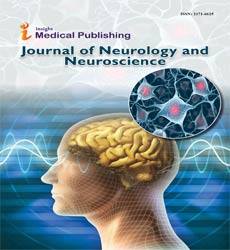Abstract
An Adaptive Recovery Method in Compressed Sensing of Extracellular Neural Recording
A novel adaptive recovery method in the emerging compressed sensing theory is described and applied to extracellular neural recordings in order to reduce data rate in wireless neural recording systems. To strike a balance between high compression ratio and high spike reconstruction quality, a novel method that employs a group-sparsity recovery algorithm, prior information about the input neural signal, learning prior supports of spikes, and a matched wavelet technique is introduced. Our simulation results, using four different sets of real extracellular recordings from four distinct neural sources, show that our proposed method is effective, viable, and outperforms the state-of-the-art compressed sensing-based methods, in particular, when the number of the measurement is two times of the sparsity.
Author(s):
Hicham Semmaoui,Saied HK, Martinez-Trujillo JC, Nan Li, Mohamad Sawan
Abstract | Full-Text | PDF
Share this

Abstracted/Indexed in
- Google Scholar
- Open J Gate
- Genamics JournalSeek
- The Global Impact Factor (GIF)
- China National Knowledge Infrastructure (CNKI)
- Directory of Research Journal Indexing (DRJI)
- WorldCat
- Proquest Summons
- Scientific Journal Impact Factor
- Secret Search Engine Labs
- Euro Pub
Open Access Journals
- Aquaculture & Veterinary Science
- Chemistry & Chemical Sciences
- Clinical Sciences
- Engineering
- General Science
- Genetics & Molecular Biology
- Health Care & Nursing
- Immunology & Microbiology
- Materials Science
- Mathematics & Physics
- Medical Sciences
- Neurology & Psychiatry
- Oncology & Cancer Science
- Pharmaceutical Sciences

